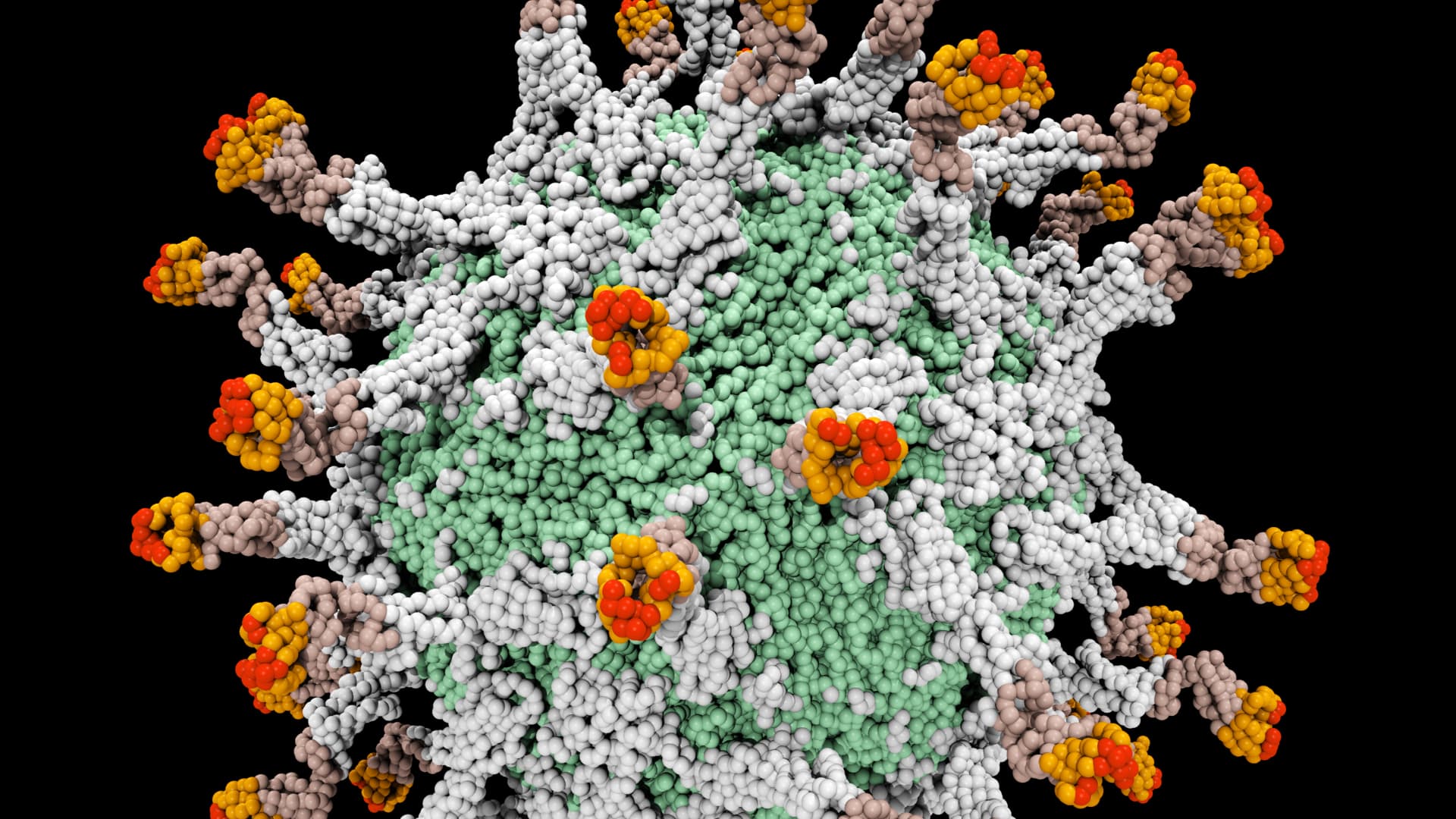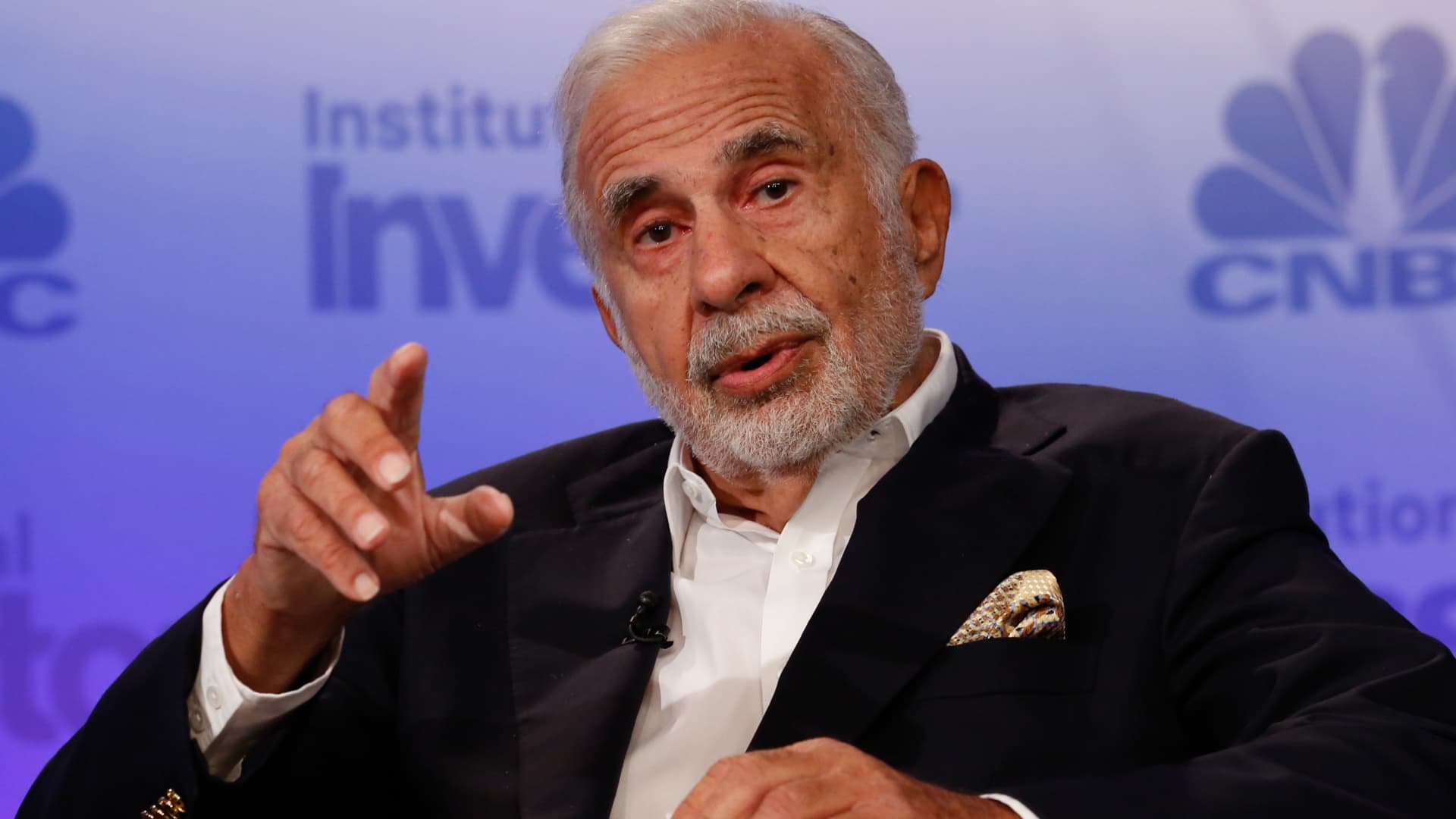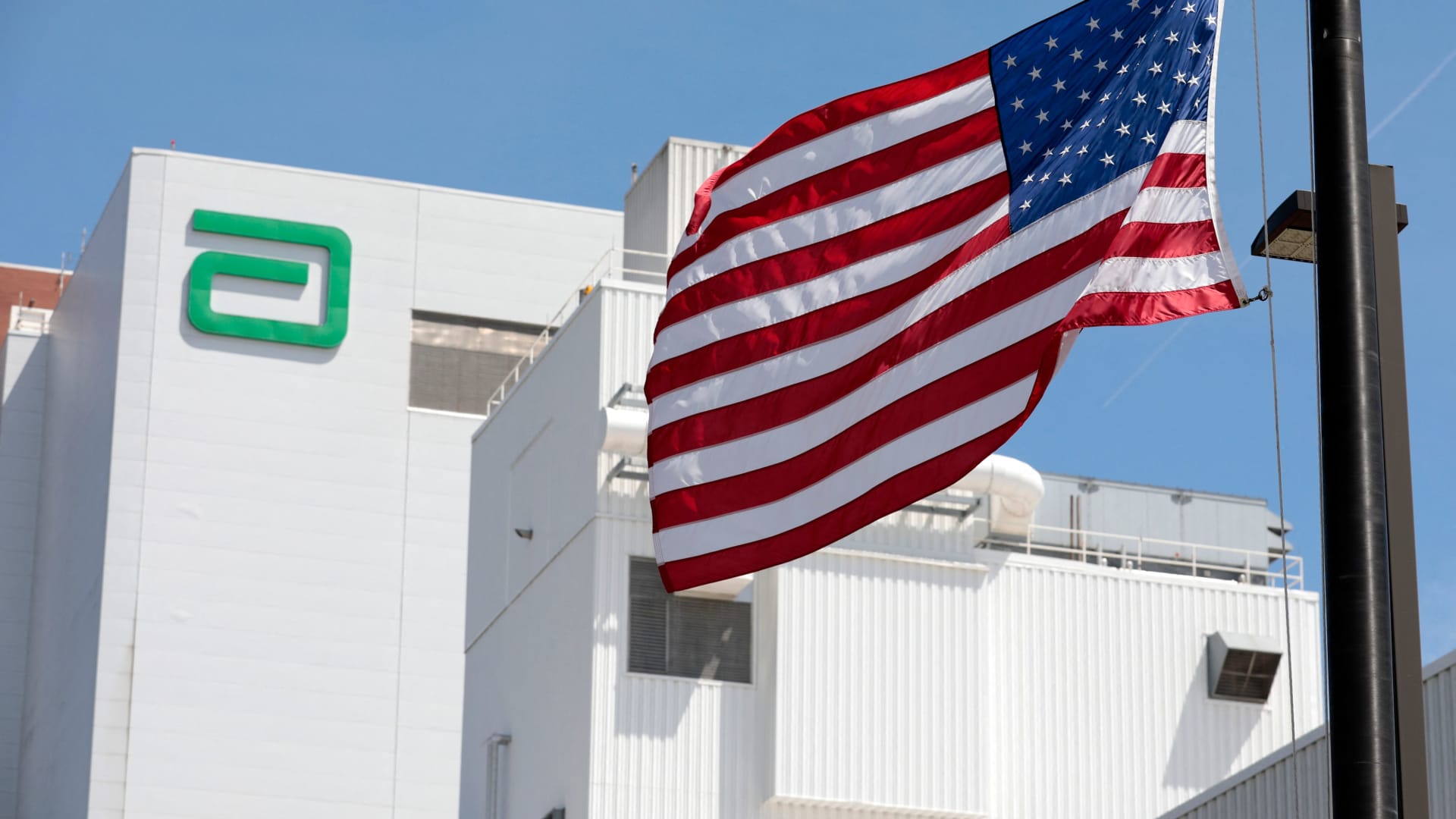Eli Lilly to invest $1.8 billion to expand manufacturing for weight loss, diabetes and Alzheimer's drugs
Demand for Eli Lilly's Zepbound and Mounjaro has outstripped supply over the last year, forcing the company to invest heavily to increase production.

A sign with the company logo sits outside of the headquarters of Eli Lilly in Indianapolis, Indiana, on March 17, 2024.
Scott Olson | Getty Images
Eli Lilly on Thursday said it will invest $1.8 billion to boost manufacturing for its newly approved Alzheimer's drug and highly popular weight loss and diabetes treatments, among other medicines, in Ireland.
The pharmaceutical giant is spending $1 billion to expand an existing site in Limerick, Ireland, to increase the production of certain active ingredients in drugs, including those used in its Alzheimer's treatment Kisunla. That drug, which works by slowing the progression of the disease in people at the early stages of it, won approval in the U.S. in July.
Eli Lilly also announced an $800 million facility expansion in Kinsale, Ireland. That site started to manufacture drugs last year to help meet demand for the company's diabetes and obesity treatments, according to a release.
Demand for Eli Lilly's obesity drug Zepbound and diabetes injection Mounjaro has outstripped supply over the last year, forcing the company to invest heavily to increase production. Eli Lilly has invested more than $20 billion to buy, build and expand manufacturing plants in the U.S. and Europe since 2020.
"These investments will boost the production of some of our medicines, helping millions of people with diabetes, obesity and Alzheimer's disease live the healthiest lives possible," Edgardo Hernandez, Eli Lilly's president of manufacturing operations. "We won't stop there – these state-of-the-art facilities will also be equipped to support our promising pipeline molecules of the future."
Eli Lilly's main rival in the weight loss drug space, Novo Nordisk, has similarly poured in billions to boost production of its own treatments.

 Tfoso
Tfoso 































